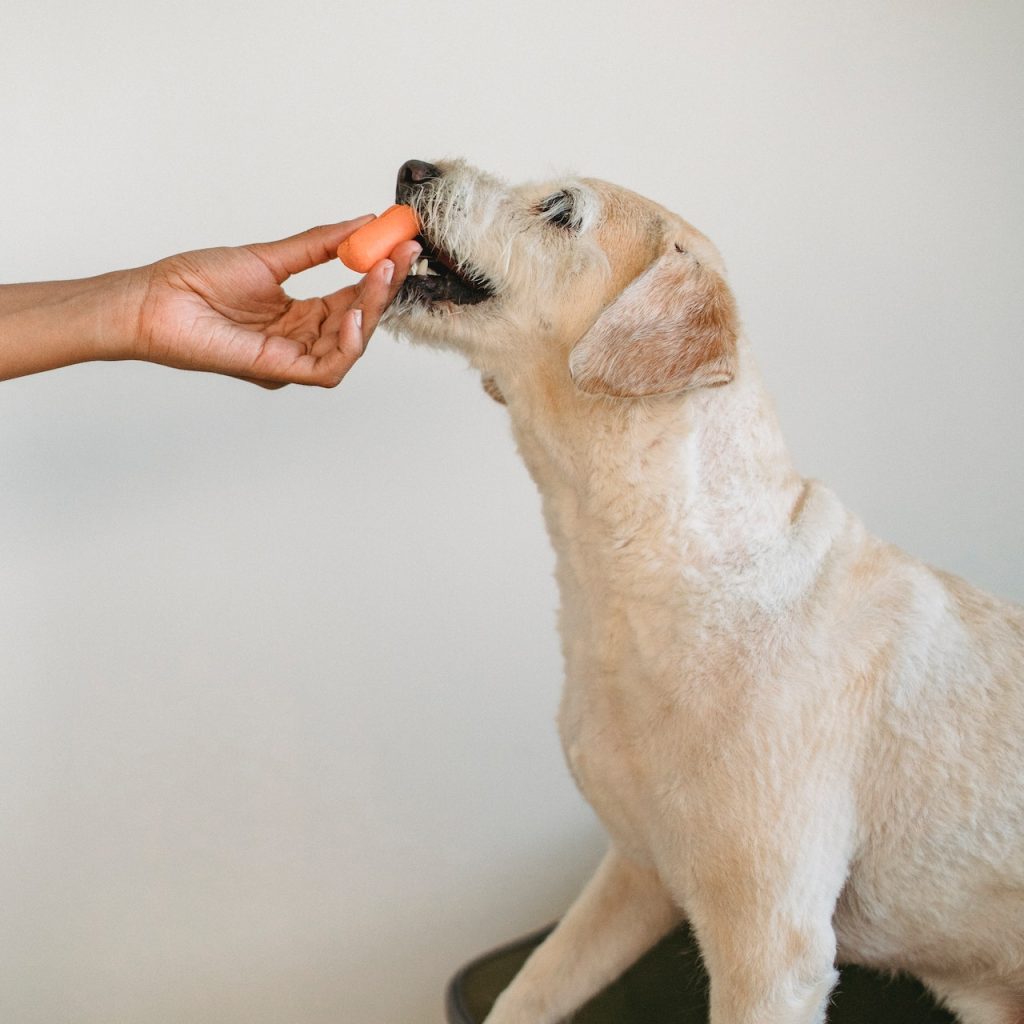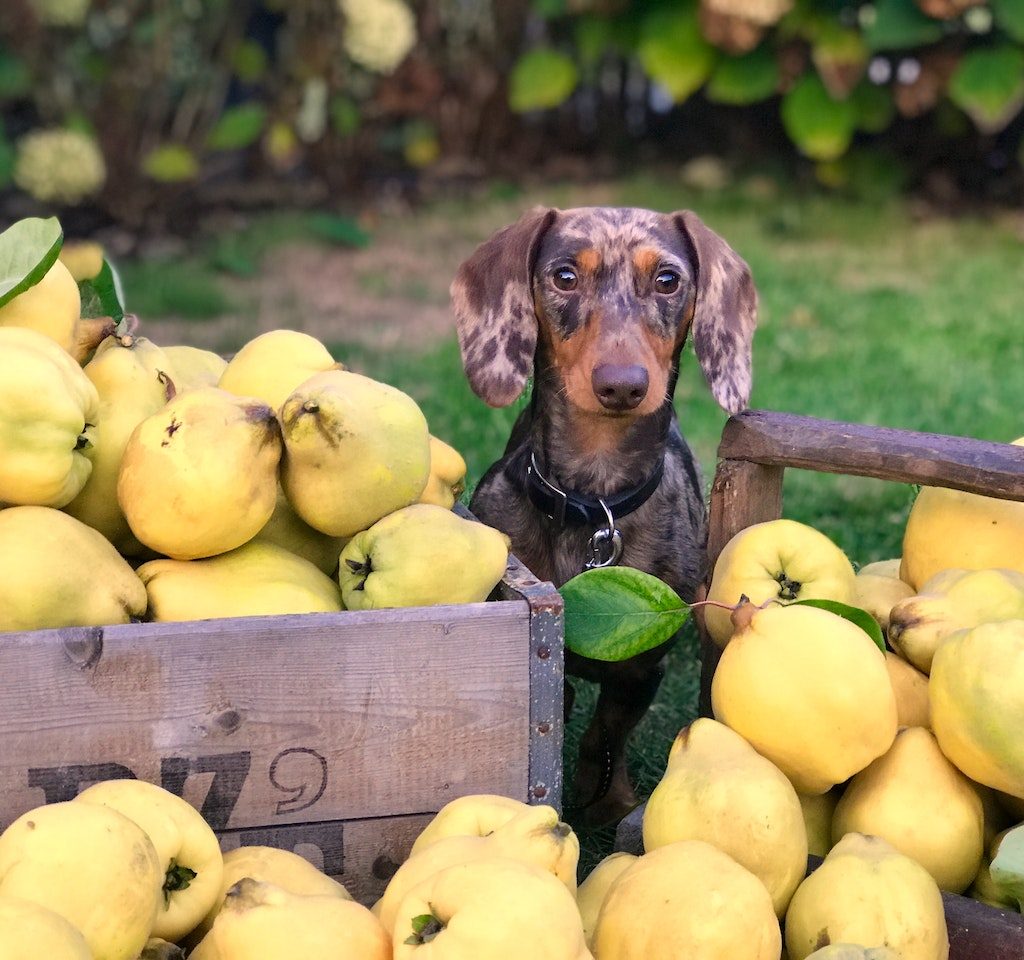As pet owners, we want the best for our furry friends. That includes their diet. Organic pet food has become increasingly popular due to its numerous benefits. In this article, we’ll explore why feeding your pets organic food is beneficial for their happiness and health.
Organic pet food is made from ingredients grown without synthetic pesticides, herbicides, antibiotics, or GMOs. It focuses on natural and sustainable farming practices, prioritizing animal well-being and the environment. By choosing organic pet food, you’re providing your pets with high-quality nutrition.
The health advantages of organic pet food are significant. It contains nutrient-rich ingredients, supporting your pets’ overall well-being. It’s free from artificial additives and fillers, reducing the risk of allergies and digestive issues. Organic pet food promotes better digestion, nutrient absorption, and a strong immune system.
Transitioning to organic pet food may require a gradual adjustment. Mix it with your pets’ current food to ensure a smooth transition. By choosing organic pet food, you contribute to sustainability and ethical animal treatment.
https://www.budgetdirect.com.au/pet-insurance/guides/big-dog-breeds-health-cost-personality.html

Why Choose Organic Pet Food?
Organic pet food has become increasingly popular due to its unique qualities and benefits, making it a superior choice for your pets’ health and nutrition. In this section, we will explore the key factors that set organic pet food apart and explain why it’s a smart decision for your furry friends.
One of the main distinctions of organic pet food is its sourcing and production. Organic farming practices prioritize natural and sustainable methods, avoiding synthetic pesticides, herbicides, antibiotics, and GMOs. As a result, organic pet food is free from potentially harmful residues and genetically modified ingredients.
By choosing organic pet food, you provide your pets with a diet that avoids artificial additives, chemicals, and fillers. These additives can have negative effects on pets, including allergies and digestive issues. In contrast, organic pet food utilizes natural ingredients that are nutritionally beneficial and free from unnecessary additives.
The benefits of organic pet food go beyond simply avoiding additives. The ingredients used in organic pet food are of higher quality and offer greater nutritional value. Organic farming practices also prioritize animal welfare, resulting in healthier animals and better quality meat and other ingredients for pet food.
Feeding your pets organic pet food can have a positive impact on their overall health. It promotes better digestion, nutrient absorption, and a stronger immune system. Pets on organic diets often experience increased energy levels, healthier skin and coats, and a reduced risk of allergies and digestive disorders.
Understanding Organic Certification
First and foremost, it’s important to note that not all pet foods labeled as “organic” are the same. To ensure the highest quality and adherence to organic standards, look for specific certifications on the packaging. These certifications guarantee that the pet food has been produced following strict organic guidelines and has undergone rigorous testing to meet certain criteria.
One of the most widely recognized certifications for organic pet food is the USDA Organic label. This label indicates that the pet food meets the organic standards set by the United States Department of Agriculture (USDA). To qualify for this certification, the pet food must contain at least 95% organic ingredients, excluding water and salt. Additionally, any non-organic ingredients allowed must be on the USDA’s approved list and cannot exceed a certain percentage.
Another certification to look for is the Certified Organic label from independent third-party organizations. These organizations verify that the pet food meets specific organic standards beyond the USDA requirements. Some well-known third-party certifiers include the Organic Trade Association (OTA) and Quality Assurance International (QAI). These certifications provide an extra layer of assurance that the pet food has undergone thorough scrutiny and meets strict organic criteria.
Look for certifications such as the USDA Organic label and third-party certifications to ensure that the pet food meets strict organic standards. Avoid falling for misleading terms like “natural” and “made with organic ingredients” without proper certification. By identifying trustworthy organic pet food brands, you can provide your pets with the highest quality and nutrition they deserve.

The Health Benefits of Organic Pet Food
Organic pet food provides numerous health benefits for your furry companions. By nourishing them with organic ingredients, you can support their overall well-being. Pets who consume organic pet food often experience improved digestion and nutrient absorption. Organic ingredients are easily digestible, making it easier for pets to break down and absorb essential nutrients. This helps their bodies utilize the nutrients more efficiently and effectively.
In addition, organic pet food tends to be free from common allergens and potential irritants found in conventional pet food. This can lead to a reduction in allergies, skin irritations, and other related issues. Pets may experience fewer itching and scratching episodes, leading to healthier skin and coats.
Furthermore, organic pet food often avoids artificial additives and fillers that can trigger digestive issues. With a focus on natural ingredients, organic pet food supports a healthier digestive system. This can result in a decrease in gastrointestinal disturbances such as upset stomachs, vomiting, and diarrhea.
By choosing organic pet food, you provide your pets with a diet that prioritizes their health and well-being. Moreover, the easily digestible organic ingredients promote better digestion and nutrient absorption, thereby potentially reducing allergies, skin irritations, and digestive issues. With fewer digestive disturbances, pets can truly enjoy a happier, healthier, and more comfortable life.
Transitioning to Organic Pet Food
If you’re considering switching your pet to organic food, it’s important to make the transition as smooth as possible. Let’s explore the gradual transitioning process and discover some helpful tips to make the switch easier for your furry friend.
When it comes to transitioning your pet’s diet to organic food, taking it slow is key. Abrupt changes can upset their stomach and cause discomfort. Begin by mixing a small amount of organic food with their current food. Over the course of a few days, gradually increase the proportion of organic food while decreasing the amount of their old food.
During the transitioning process, keep an eye on how your pet responds to the new food. Some pets adapt quickly, while others may need more time to adjust. Be patient and allow them to take their own time. If you notice any signs of digestive issues or if they refuse to eat, slow down the transition and give them more time to get used to the new food.
Additionally, it’s important to maintain a familiar and comfortable feeding environment for your pet. Use their regular feeding bowls and stick to their usual feeding schedule. Consistency in their routine can help ease the transition and reduce any potential stress or anxiety.
Remember, every pet is unique, and their transition may vary. Keep an eye on their progress and don’t hesitate to consult with your veterinarian if you have any concerns. They can provide personalized guidance based on your pet’s specific needs and help address any challenges that may arise.

FAQs
Is organic pet food suitable for all pets?
Yes, organic pet food is generally suitable for all pets, including dogs and cats. It provides a nutritionally balanced diet and can contribute to their overall health and well-being. However, it’s important to consider your pet’s specific dietary needs, age, and any existing health conditions. Consult with your veterinarian to determine if organic pet food is the right choice for your pet.
Is organic pet food more expensive?
Organic pet food tends to be slightly more expensive than conventional pet food. The higher cost can be attributed to the quality of ingredients used and the organic certification process. While it may require a slightly larger investment upfront, the long-term health benefits for your pet can outweigh the cost difference. Additionally, some pet owners find that their pets require smaller portions of organic food due to its higher nutritional value, which can help offset the cost.
Where can I find reliable organic pet food brands?
You can find reliable organic pet food brands in various places. Many pet supply stores and specialty pet food retailers carry a wide selection of organic options. Additionally, online retailers and pet food delivery services often offer a range of organic pet food brands. When selecting a brand, look for those that are USDA-certified organic or have reputable organic certifications. Reading customer reviews and seeking recommendations from trusted sources can also help you find reliable brands.
Can I make homemade organic pet food?
Yes, it is possible to make homemade organic pet food. However, it requires careful consideration of your pet’s nutritional needs and consultation with a veterinarian or a veterinary nutritionist. Homemade pet food should be nutritionally balanced and include a variety of organic ingredients to ensure your pet receives all the necessary nutrients. It’s important to follow proper food safety guidelines and consult with professionals to create a balanced homemade organic pet food diet.
Final Thoughts
In conclusion, organic pet food prioritizes your pets’ health. It offers a diet free from harmful additives, chemicals, and fillers. By choosing organic, you ensure their well-being. The sourcing and production methods use natural and sustainable approaches. Organic pet food promotes improved digestion, reduced allergies, healthier skin, and a stronger immune system. Transition gradually, consult your vet, and choose reliable organic brands. Although slightly pricier, the long-term benefits justify the investment. Make the switch to organic for a happy and healthy pet.